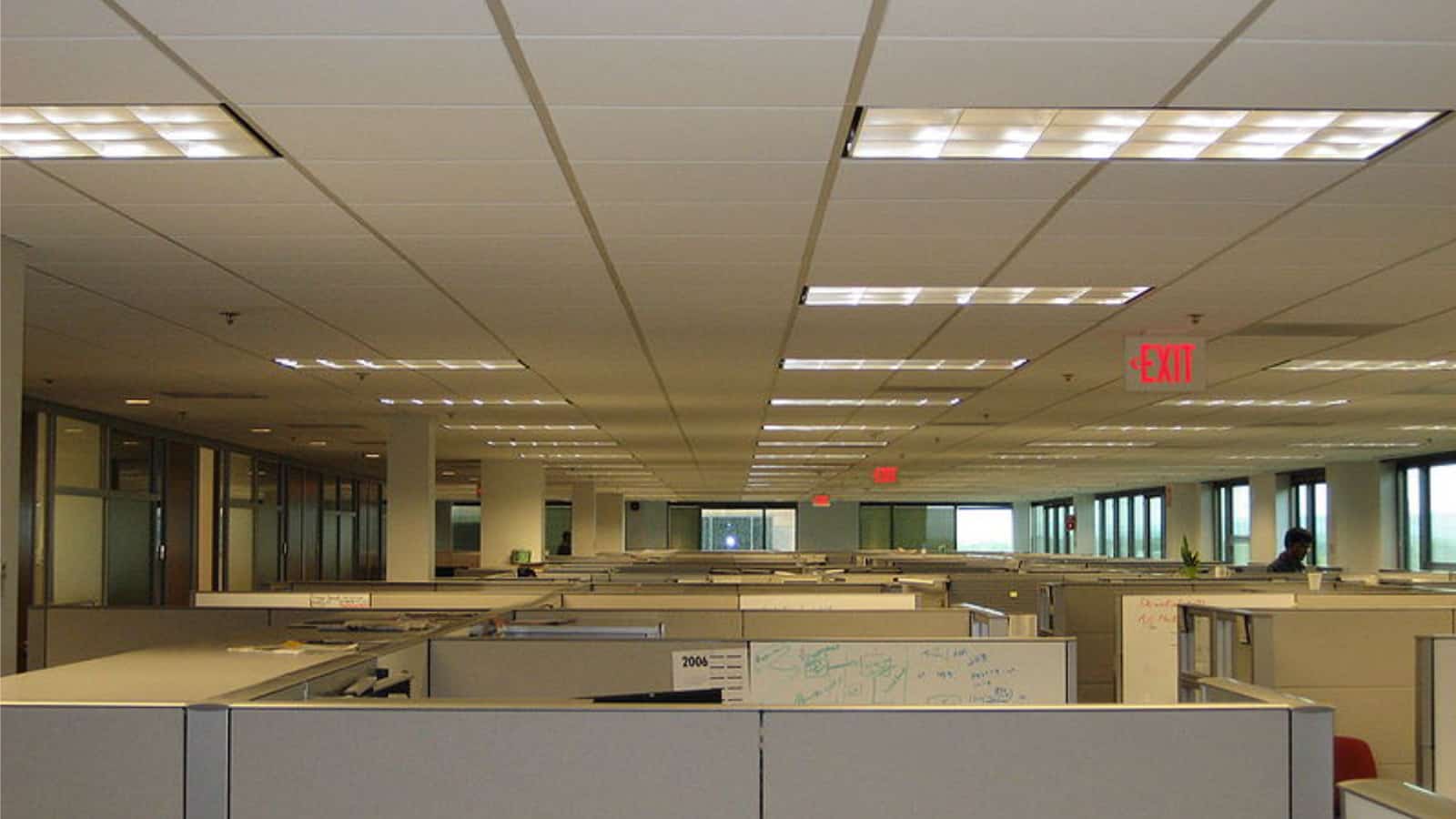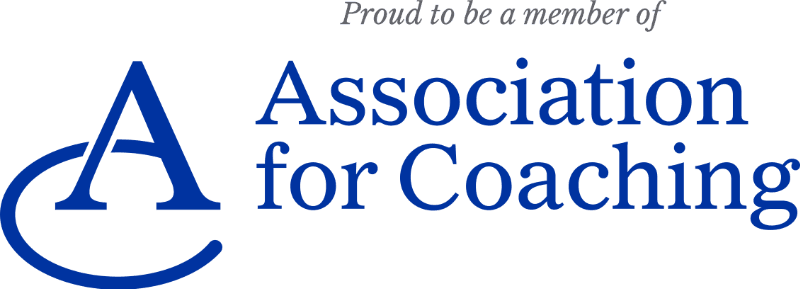
My advice is don’t fight it, just enjoy the richer life experiences the pursuit of novelty brings
Andrew Lewis is an ADHD Coach, writer and founder of SimplyWellbeing. He has over 15,000 hours and 18 years of experience in coaching over 500 ADHD executives, ADHD business professionals and ADHD creatives. Andrew ran a major ADHD support group and an ADHD diagnostic clinic for a while. He is an ADHD specialist backed with business expertise from a twenty years career in software, from roles in programming, through marketing, sales and to running a few software start-ups. His ADHD insight is personal, with decades understanding his own ADHD experience and in bringing up his ADHD daughter. He has published his writing primarily via this website, with interactive ADHD courses in development.



